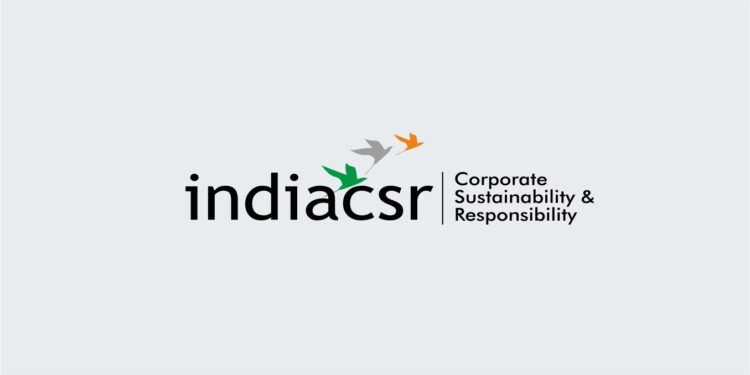The entire world is in the throes of Coronavirus and our minds are preoccupied with it, rightly so. Coronavirus and its impact now dominate conversations and given the current status; it is likely that we will be under a semi- lockdown for the foreseeable future.
Health comes first and businesses have done the right thing by shutting down offices, allowing for work-from-home wherever possible and working under tight controls where it is not.
There are hopes that the virus will weaken in warmer weather, and many around the world are awaiting the summer eagerly, hoping this will be true. There is no consensus within the scientific community on whether this will happen. But one thing is for sure- Summer is coming.
With the virus on the spread, one of the best ways to protect ourselves and the community is by social distancing and washing our hands. Washing hands is absolutely the best way to get rid of the virus, sanitizer is the second-best option. If we are not careful, we might end up spending a lot of water this way, adding an additional water crisis to the existing situation.
March to June is the time we normally face severe water shortage, as water supplies dry up and our dependence on water tankers go up. The supplies become erratic forcing people to take drastic measures such as water rationing. This summer is going to be no different. With the additional demand due to increased water usage due to COVID-19, the shortage might precipitate into a more severe water crisis.
Is the solution to stop washing hands? Absolutely not. Hand washing is essential in these critical times and a little will go a long way in breaking the chain. A little will go a long way in saving water too. Here are some simple measures each of us can do to save water.
1. Fix leaking taps:
This is a simple and effective way to reduce water wastage. A tap that leaks at 1 drop per second can end up wasting 11000 liters of water in a year. Can you imagine how many handwashes that will be? Look for leaky taps and fix them.
2. Use water-saving devices
Tap aerators are simple devices that reduce the amount of water you use. Water-saving showerheads can also help in consuming less water while not compromising on the showering experience.
3. Try water metering
What gets measured, gets managed. Monitor your water usage, and once you pay for what you consume, you will find ways to reduce water usage in simple little ways in your day.
4. Use machines only on full loads
Washing machines are amongst the highest water-guzzling appliances in the household. Always only use them on full loads. Reducing this frequency will help reduce the load on the water supply.
There are of course other ways to reduce water consumption, by reusing the water used to wash vegetables in gardening, or reducing the number of dishes used, in order to minimize the water required for washing. Each of us can do our best in reducing the consumption, in different ways, depending on our household requirements.
All said, preventing the spread of Coronavirus will remain the highest priority in the short term, but we must strive to do it in a way that minimizes the stress on our other resources. Remember, water wasted today means water lost for tomorrow.




















